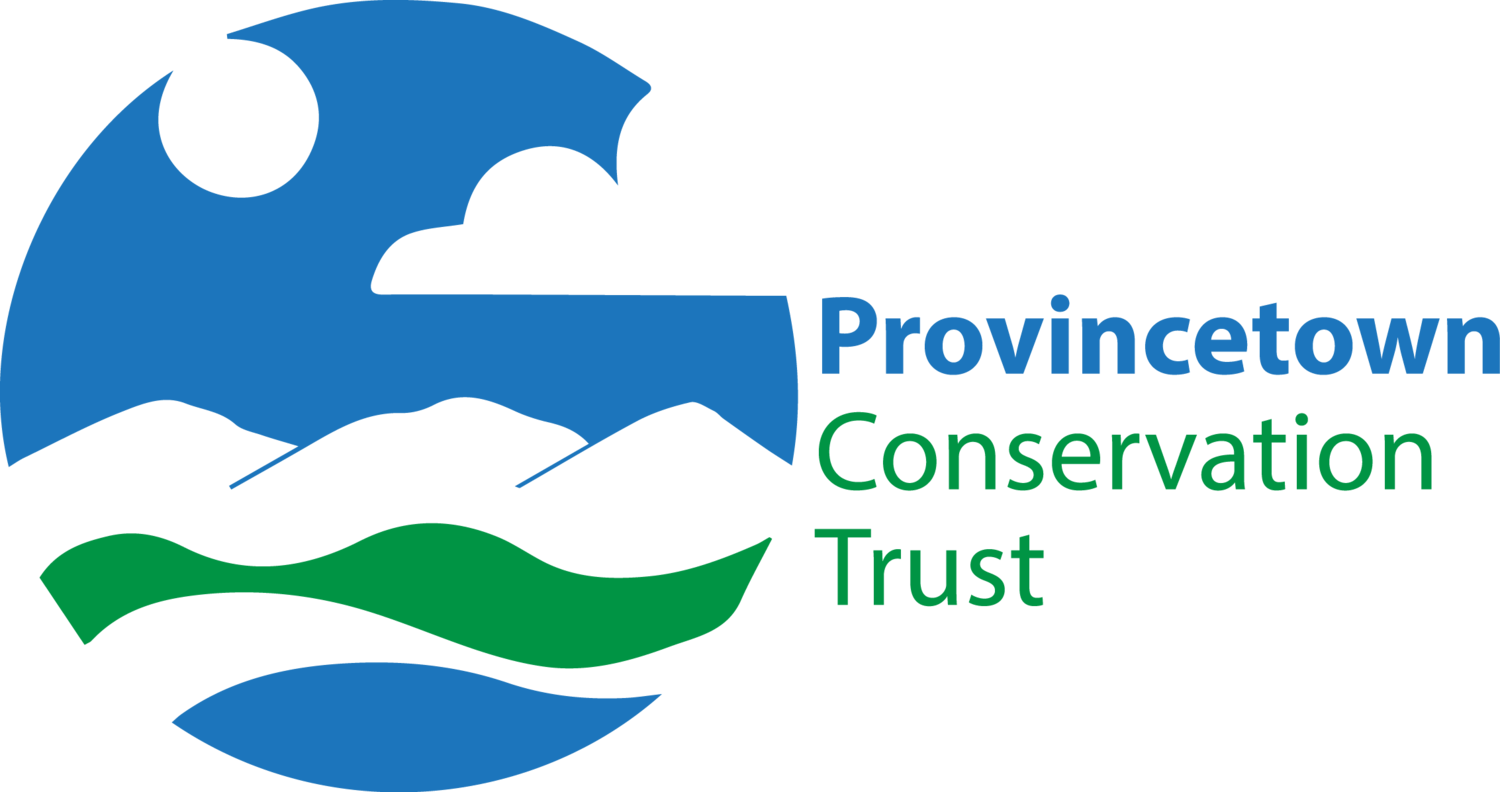Losing our Connection
Baby turtles as a remedy for ‘species loneliness’
By Trustee Dennis Minsky
Published in the Provincetown independent on February 7, 2024
I am walking with my dog, Dory, along Provincetown’s Old Colony Nature Trail on an unusually mild January day. I pause at a certain spot, as I do every day, to observe a two-foot-square area. It looks no different from any other spot along the trail: sandy, with bits of shell, lightly covered in pine needles and oak leaves, a few twigs and small branches, some pine cones, and one or two desiccated stalks of spotted knapweed.
The branches that my neighbor Christie Andresen and I piled over the area have long since blown away, but I still recognize it. It is the exact spot where Christie observed a box turtle determinedly digging back in late June. She did not actually see the turtle bury her clutch of eggs before covering them and plodding away, but we assumed that is what happened. Not wanting to draw the attention of potential predators (raccoons, coyotes, crows) or prying humans, we stacked the branches and waited.
The incubation period for box turtle eggs is approximately three months, so by the end of September we looked expectantly every day. Nothing. I had read that some turtle hatchlings can overwinter in their nests, so we held onto that possibility. October turned into November and then December. Now it was January.
I called a herpetologist friend, and he told me as kindly as he could that box turtle hatchlings are not known to overwinter in their nests. So, perhaps the female dug a hole, thought twice, covered it up, and moved on. But that seems extremely unlikely.
Who knows? But all these months, each time I walked by that spot, I thought about those baby turtles down there, slumbering in the sand. And even if they were never there in the first place, even if they are not real, they have come to occupy a place in my mind and joined all the other creatures that I fear for in this world — including our own species. How cruel the world is to baby box turtles. How many are eaten before they hatch or soon after doing so. And how cruel the human world is to them, their habitat largely taken by development, their movements punished on our roads.
They are not the only casualties. As I write this, we have received the first report of a ship-struck right whale calf. It is one of only 17 seen so far this year, I think. The photographs are horrible to look at; the wounds are gruesome, involving the head and upper body. With damage like this, it is hard to imagine that baby would even be able to nurse, as it must do to live.
From the ocean to the woods, “the world is too much with us.” This is the age of the Anthropocene, in which the effects of human civilization reach every living thing. It is not only the direct damage by boat and automobile but the indirect and profound effects of a climate changing because of our addiction to fossil fuels, in addition to habitat destruction, industrial agriculture, pollution (including noise and light pollution), introduced species, and much more. And it is affecting not just endangered species but all wildlife, from insects to primates. In a phenomenon termed “defaunation,” well over half of the world’s wild animals have disappeared, according to researchers.
We are ignoring this world that is our only hope. As a species, we seem hell-bent on getting what we want, going where we want, eating and consuming what we want, and being comfortable at all times. The health of our economy is based on consumption. Yet for all our getting and spending, we have record levels of unhappiness and despair, social scientists report. There are many reasons for this malaise, but one component of it has been termed “species loneliness,” the feeling of isolation from a natural world that is shrinking before our eyes. We are losing the connection to our fellow creatures that our ancestors took for granted.
But not entirely. Especially not on Cape Cod. There are people walking the beaches looking for cold-stunned turtles, showing up to rescue stranded dolphins and wounded seals, taking injured wildlife to professionals, supporting the disentanglement of whales.
Marisa Felton, who lives in Provincetown’s East End, posted a series of photos and observations on social media about a particular gull with a malformed foot. She has followed this gull — she calls it “Salty” — for over three years. She has formed a bond with the bird in what she calls “an amazing journey,” and she worried about her “little buddy” during the recent storms.
Many people have responded to these posts, some with similar stories of their own. While the gull may benefit from all this attention, it is the woman whose life has been enlarged and rewarded, along with those of us following her. She reminds us that we are not alone.
And down beneath the frozen ground, those baby turtles, real or imagined, wait for us and depend on our concern. And our connection.

